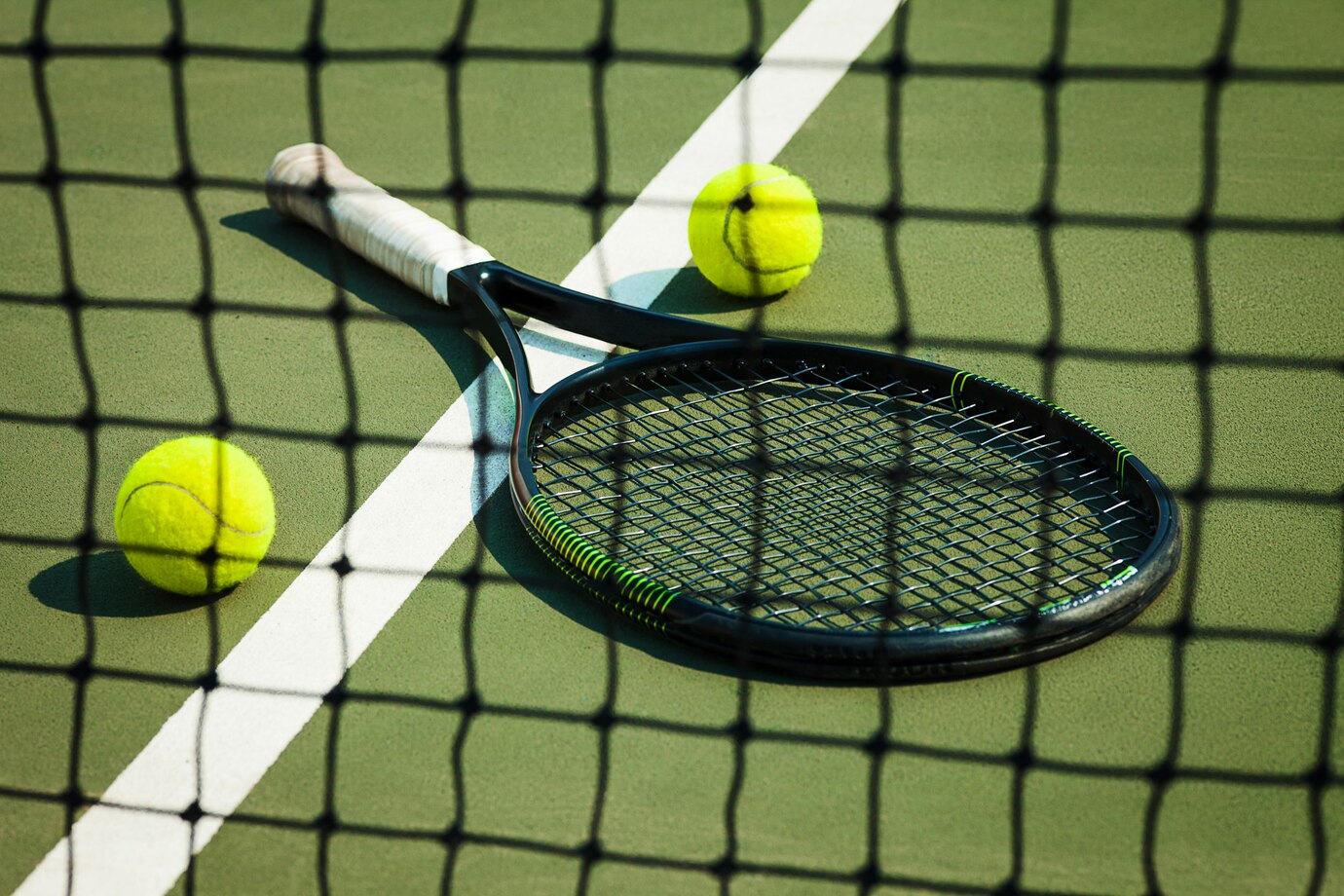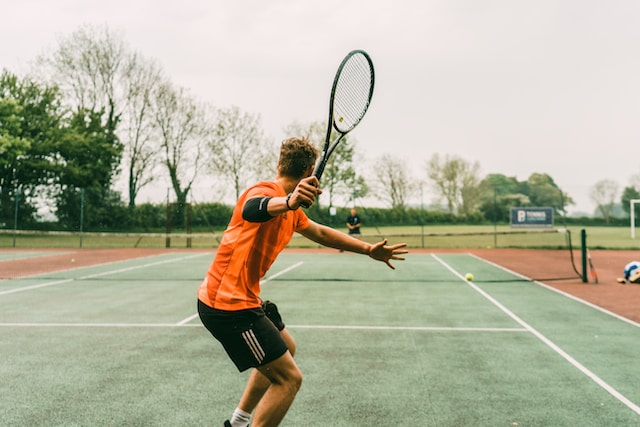The intersection of sports and cannabis, particularly THC (tetrahydrocannabinol), has been a topic of significant debate and interest. Tennis, known for its physical demands and mental fortitude, presents an intriguing case study in this context. This article explores the potential partnership between tennis and THC, considering the legal, physiological, and psychological aspects.
Legal Landscape
The use of THC in professional sports is governed by various anti-doping agencies, such as the World Anti-Doping Agency (WADA). Historically, THC has been on the list of prohibited substances, primarily due to concerns over performance enhancement and health risks.
However, there’s a growing movement advocating for the reevaluation of cannabis’s status in sports, citing its potential therapeutic benefits and questioning its performance-enhancing properties. In tennis, governing bodies like the ATP and WTA adhere to WADA’s guidelines, though there’s increasing debate among players and officials about the need for reform.
Physiological Effects
THC syrup interacts with the body’s endocannabinoid system, which plays a role in regulating a variety of functions, including pain, mood, and appetite. For tennis players, the potential benefits of THC could include pain relief, especially for chronic injuries and inflammation, and stress reduction.
However, THC also has well-documented side effects such as impaired coordination, altered reaction times, and cognitive deficits, which could negatively impact a player’s performance on court.
Mental Aspect
Tennis is as much a mental game as it is physical. THC’s impact on the brain, particularly its potential to alleviate anxiety and stress, might be seen as beneficial for players struggling with the mental pressures of the sport.
However, there’s also a risk of developing dependency, and the psychoactive effects of THC might impair critical thinking and decision-making abilities, which are crucial in tennis.
Balancing Act
The key to a successful partnership between tennis and THC might lie in finding a balance. Microdosing, where players consume small, controlled amounts of THC, could offer the therapeutic benefits without the adverse side effects.
Furthermore, the use of non-psychoactive components of cannabis, like CBD, might provide a middle ground, offering some of the benefits of THC without the psychoactive effects.
Ethical Considerations
There are also ethical considerations. Should tennis players be allowed to use a substance that is illegal in many countries? How does the normalization of THC in sports impact young athletes and the public perception of cannabis? These questions require thou
Selecting the Best THC Products for Tennis Players
When considering THC products for tennis players, it’s essential to focus on forms that align with the sport’s physical and mental demands while minimizing any potential negative effects. Here are some THC product categories that might be suitable, keeping in mind that the legality and acceptance of these products vary by location and sports governing bodies.
1. Topicals (Creams and Balms)
- Purpose: Ideal for localized pain relief, inflammation, and muscle soreness without systemic effects.
- Usage: Applied directly to the skin over sore or injured areas.
- Benefits for Tennis Players: Can provide relief from joint and muscle pain without impacting cognitive functions or coordination.
2. Tinctures and Oils
- Purpose: Offer controlled dosing and can be used for systemic therapeutic effects.
- Usage: Administered sublingually (under the tongue) for faster absorption.
- Benefits for Tennis Players: Can aid in relaxation, stress reduction, and potentially improve sleep quality, which is crucial for recovery.
3. Edibles (Low Dose)
- Purpose: Provide longer-lasting effects than inhaled options.
- Usage: Consumed orally; onset of effects is slower, and dosing requires careful consideration.
- Benefits for Tennis Players: May help with overall stress and anxiety management, crucial for mental well-being in high-stakes matches.
4. Vaporizers (with Caution)
- Purpose: Fast-acting relief, though inhalation methods are typically discouraged for athletes.
- Usage: Inhalation through a vaporizer pen.
- Benefits for Tennis Players: Quick stress relief; however, respiratory health concerns make this option less favorable.
5. CBD-Dominant Products with Minimal THC
- Purpose: Offers many of the anti-inflammatory and anxiolytic benefits of THC without significant psychoactive effects.
- Usage: Available in various forms like oils, topicals, and edibles.
- Benefits for Tennis Players: Reduces pain and anxiety without impairing cognitive functions or coordination.
Important Considerations
- Legality and Compliance: Always check the legal status of THC products in your region and ensure compliance with tennis governing body regulations.
- Medical Consultation: Consult with a healthcare provider familiar with sports medicine to determine the appropriate product and dosage.
- Quality and Testing: Use products from reputable sources that provide third-party testing for potency and contaminants.
- Personal Response: Be mindful of individual reactions to THC, as effects can vary widely among different people.
Conclusion
In conclusion, whether THC can be a good partner for tennis is a complex question. It involves a careful consideration of the legal frameworks, physiological and psychological impacts, and broader ethical implications. As research on cannabis continues to evolve and societal attitudes shift, it’s likely that the relationship between tennis and THC will undergo significant changes in the years to come. For now, it remains a topic of active debate and exploration in the sports community.























